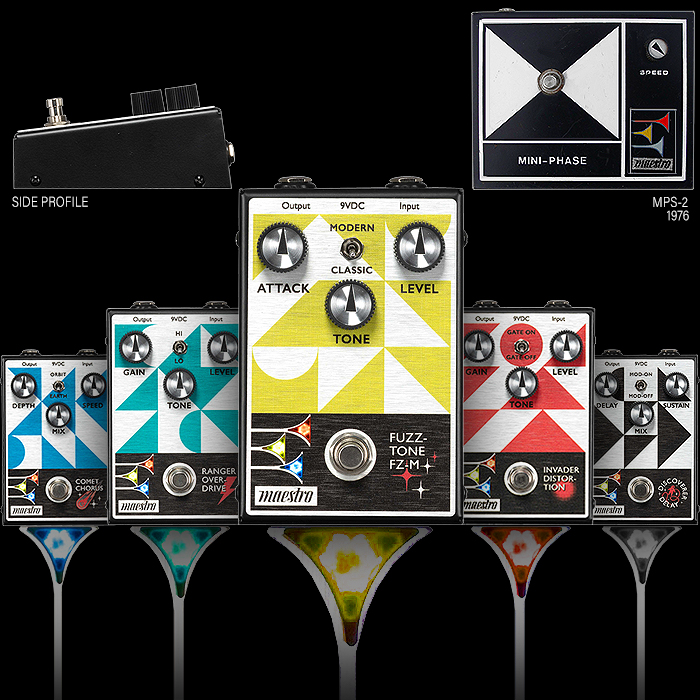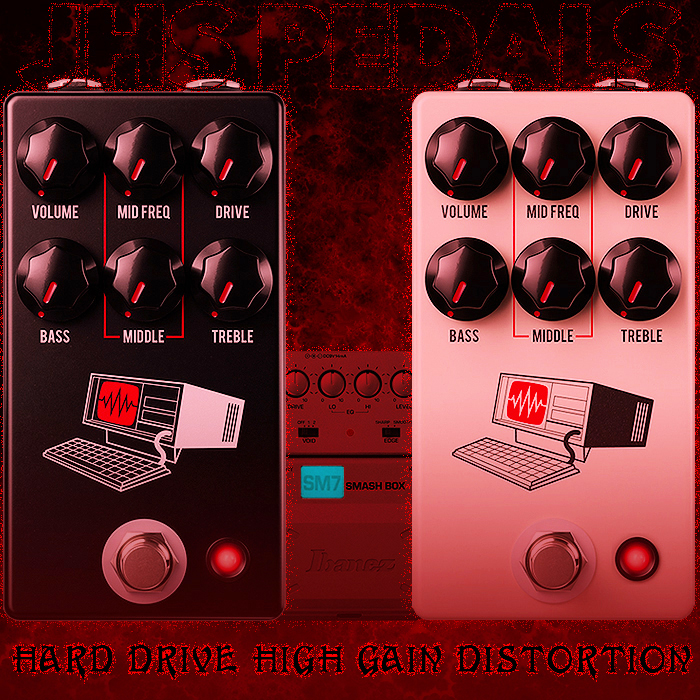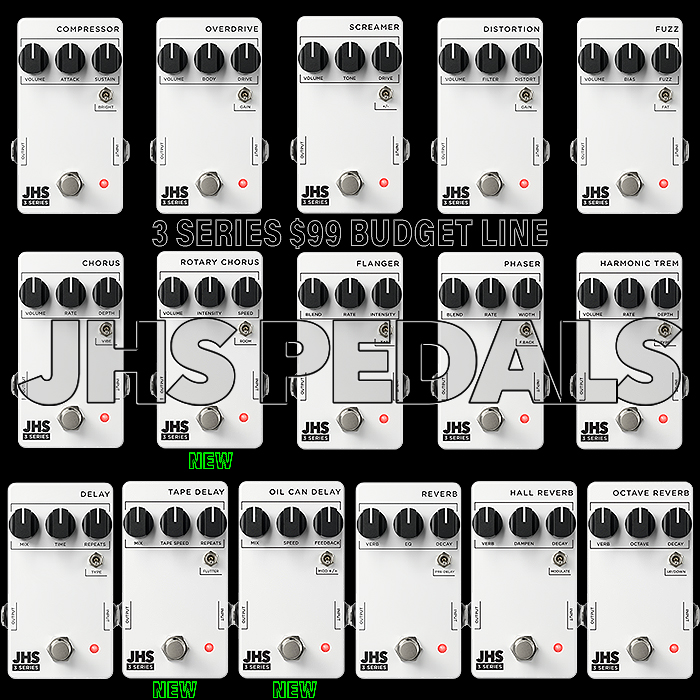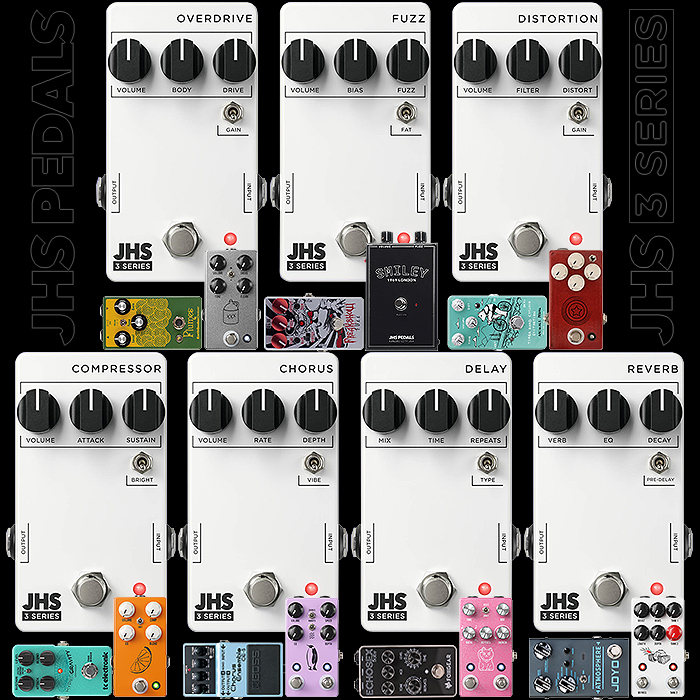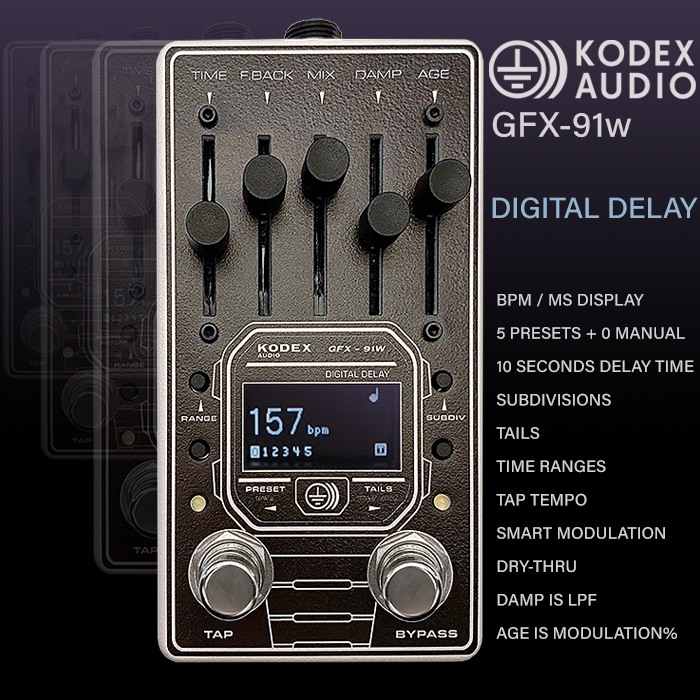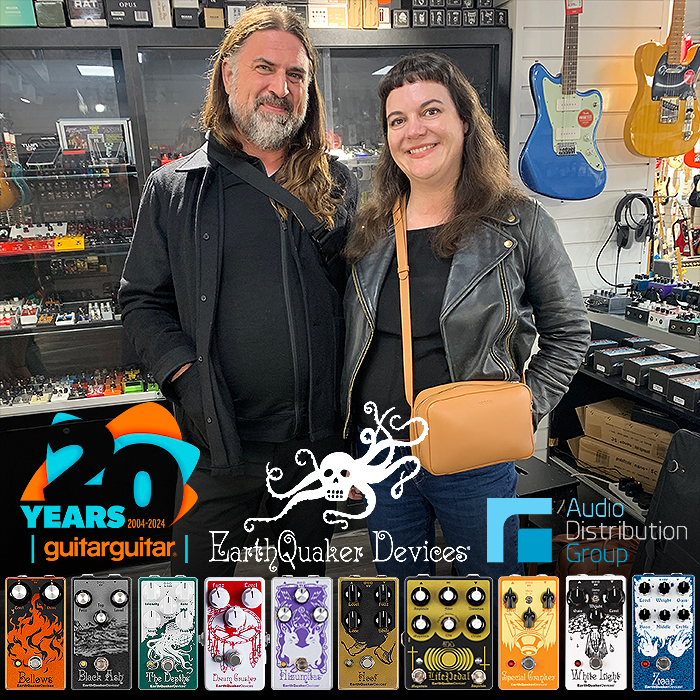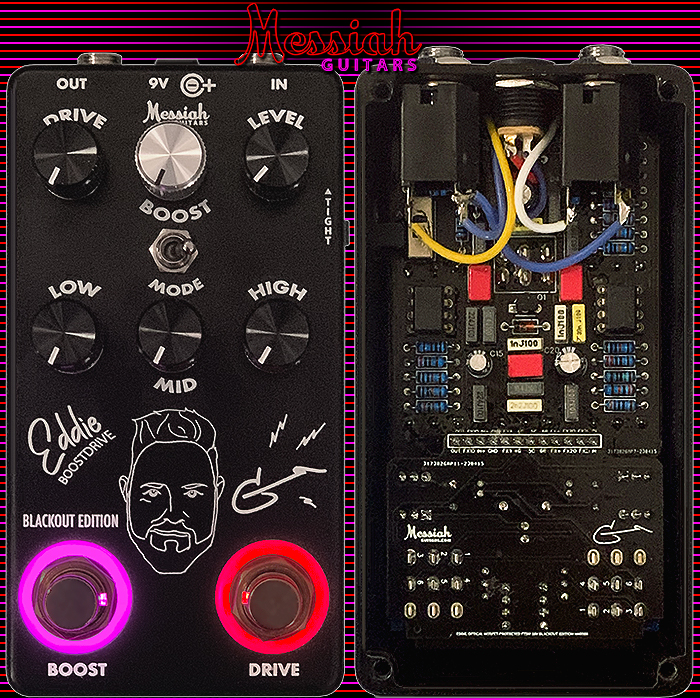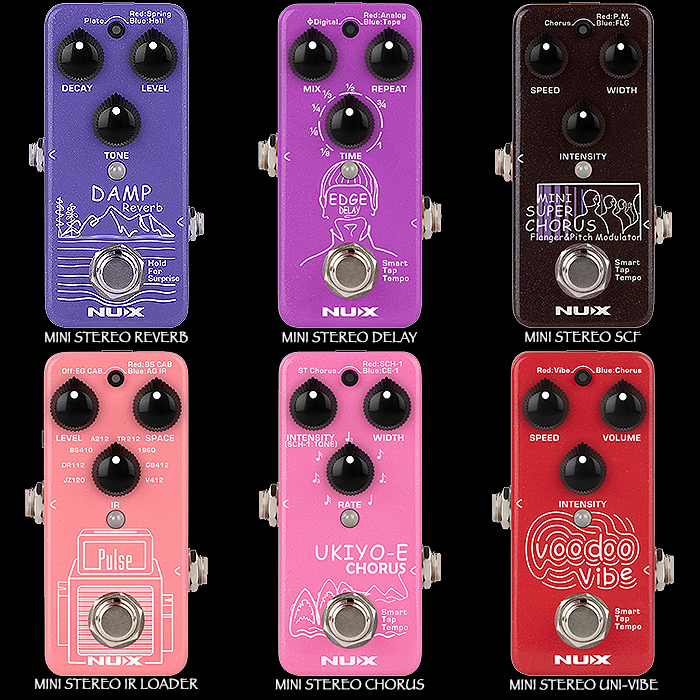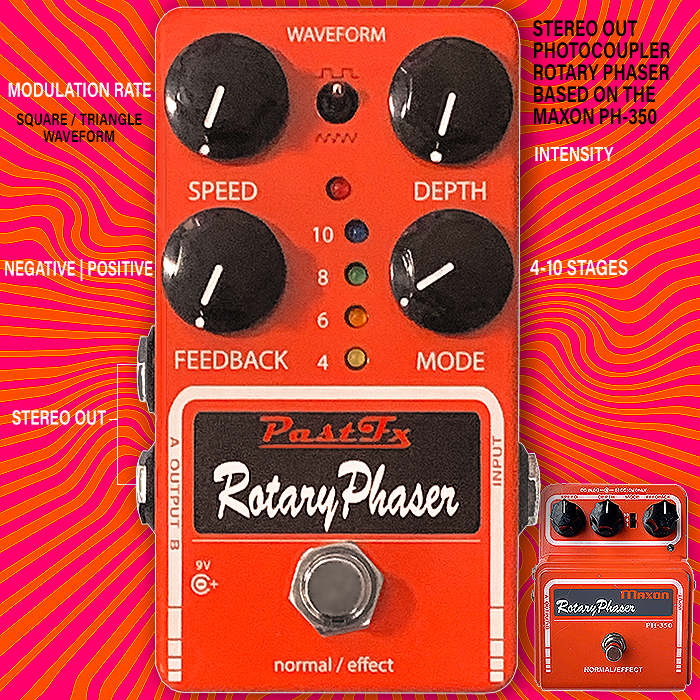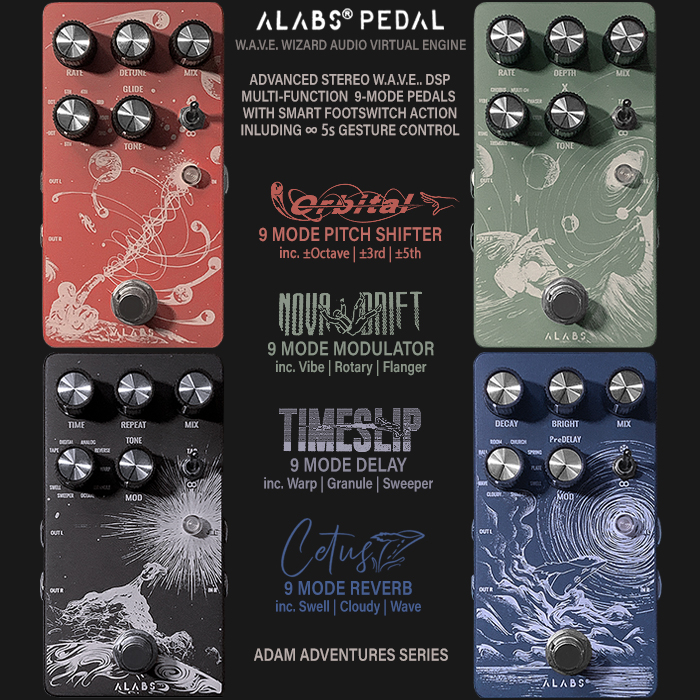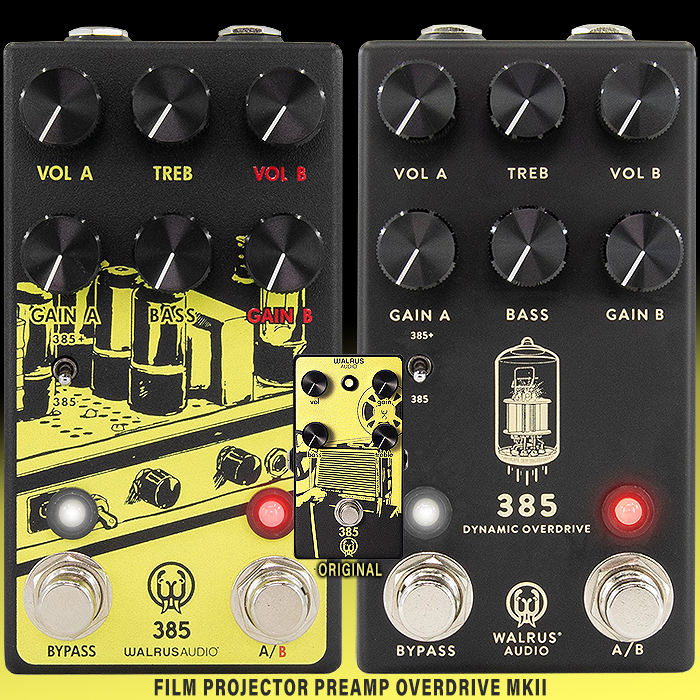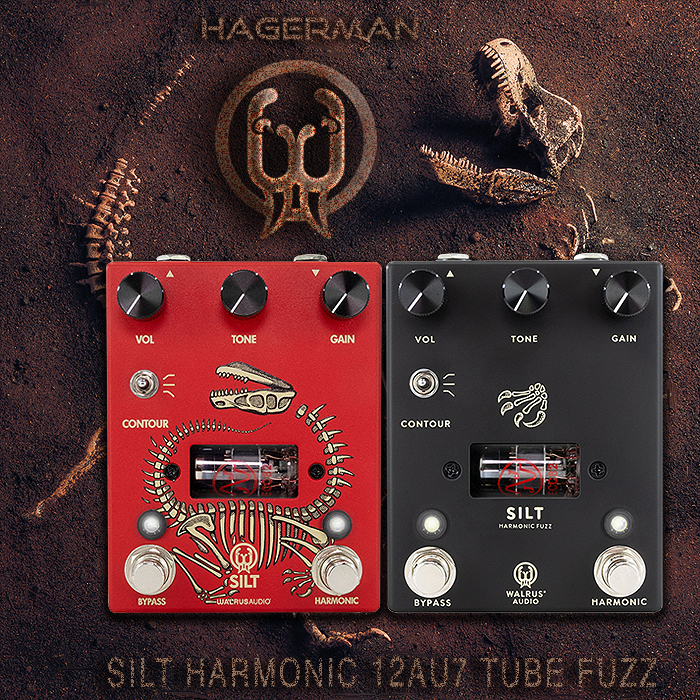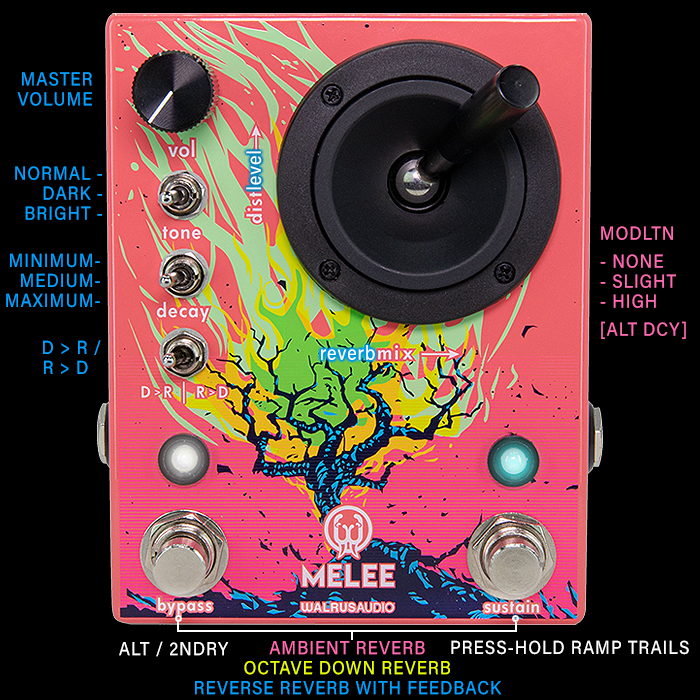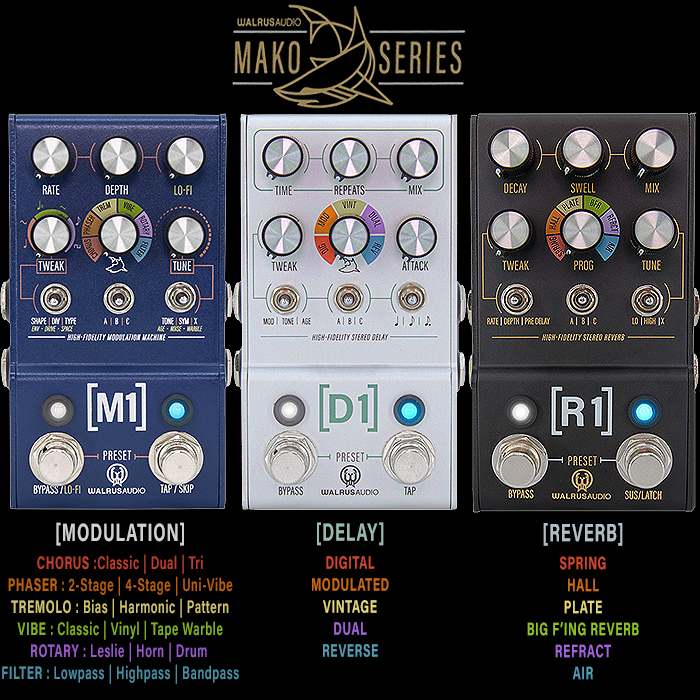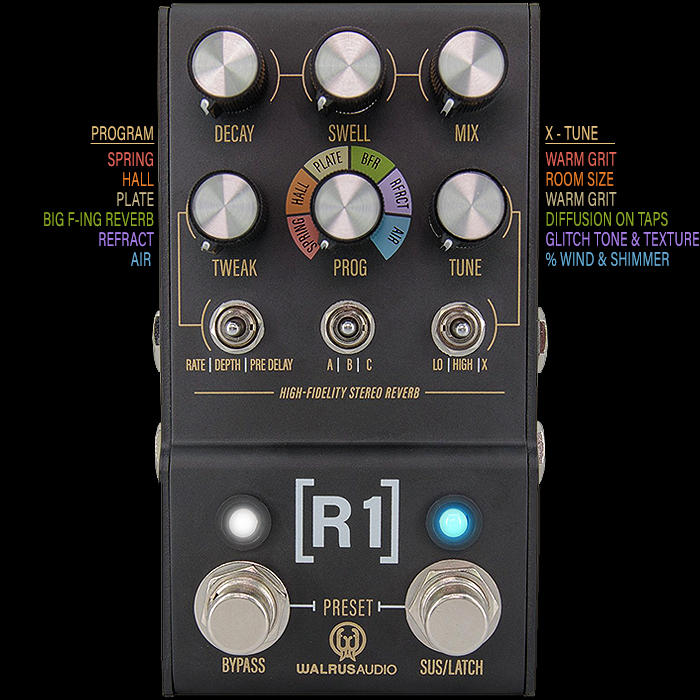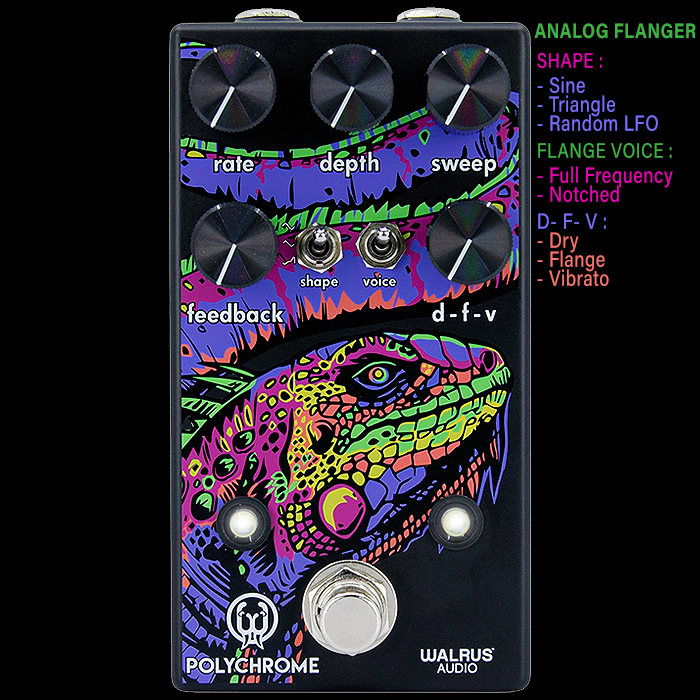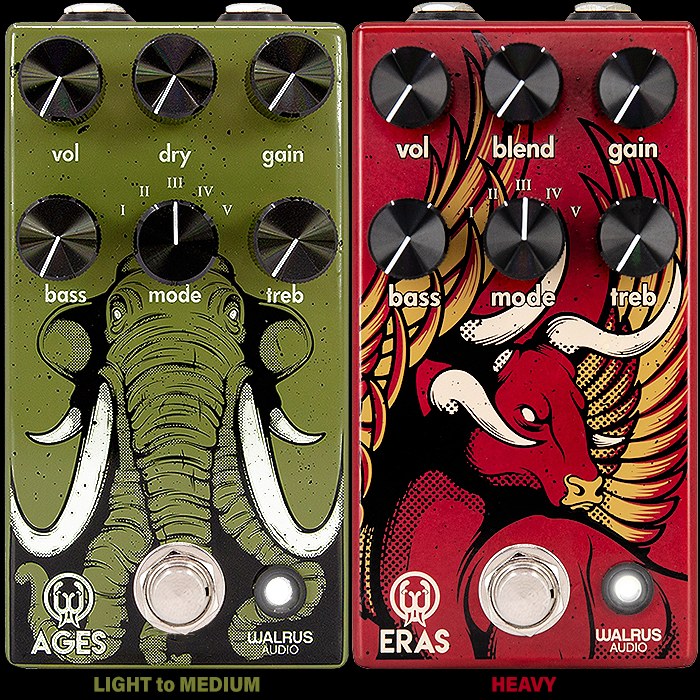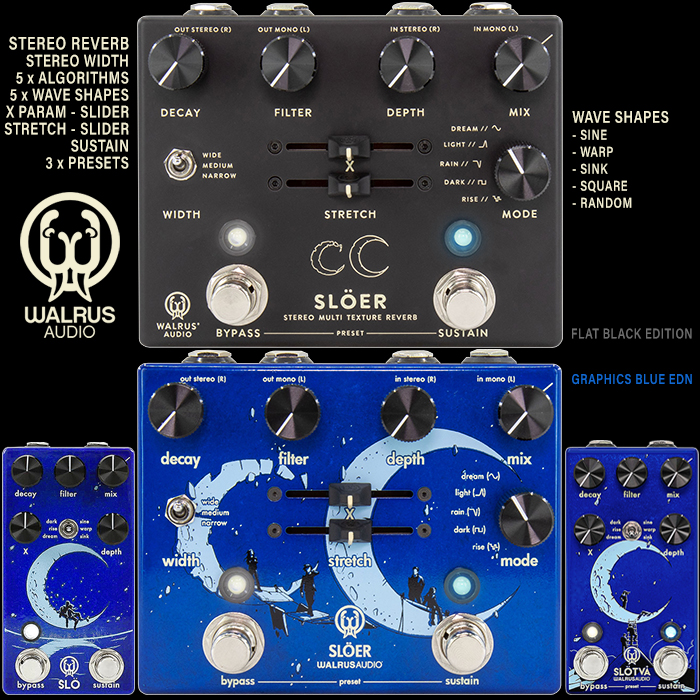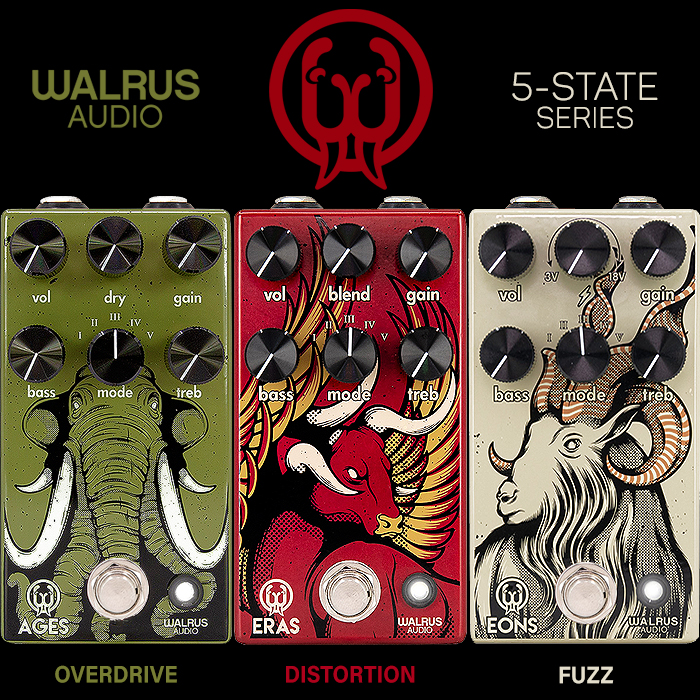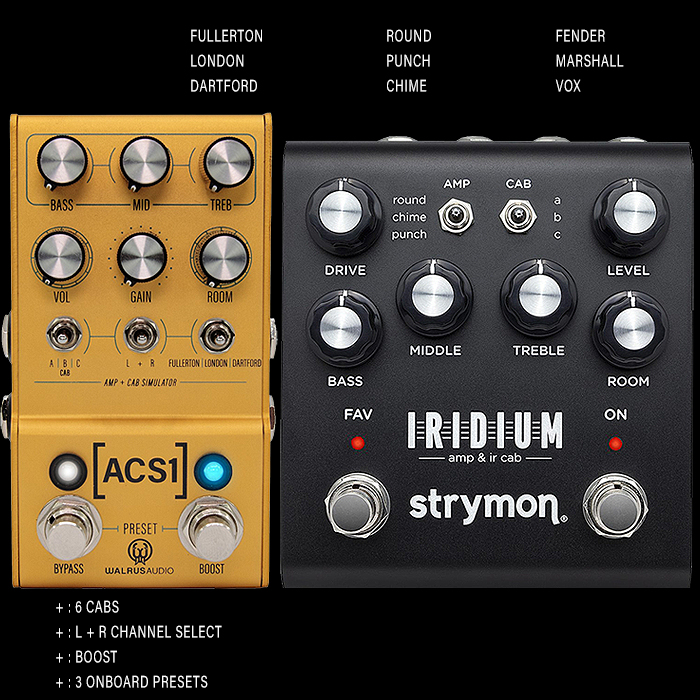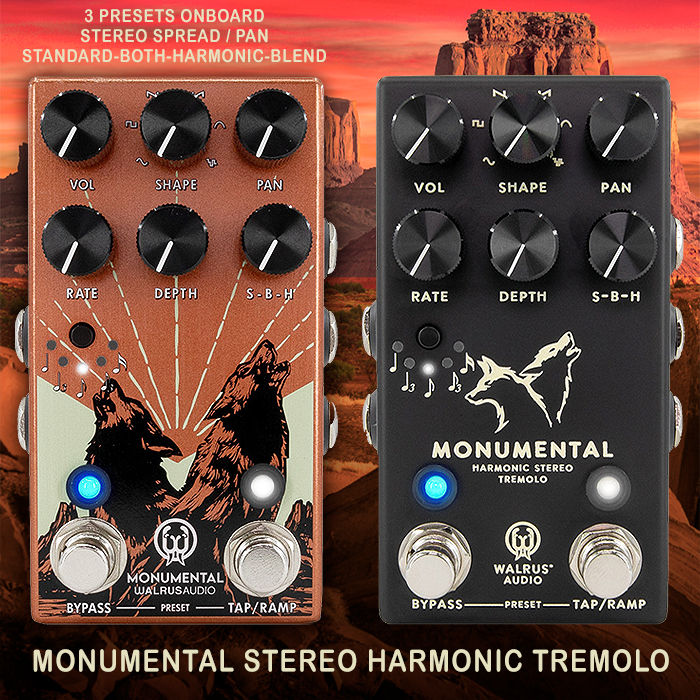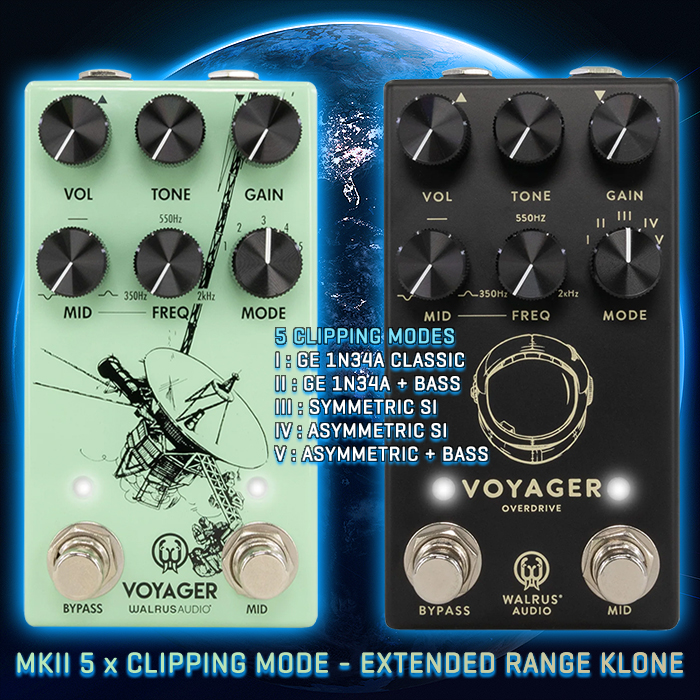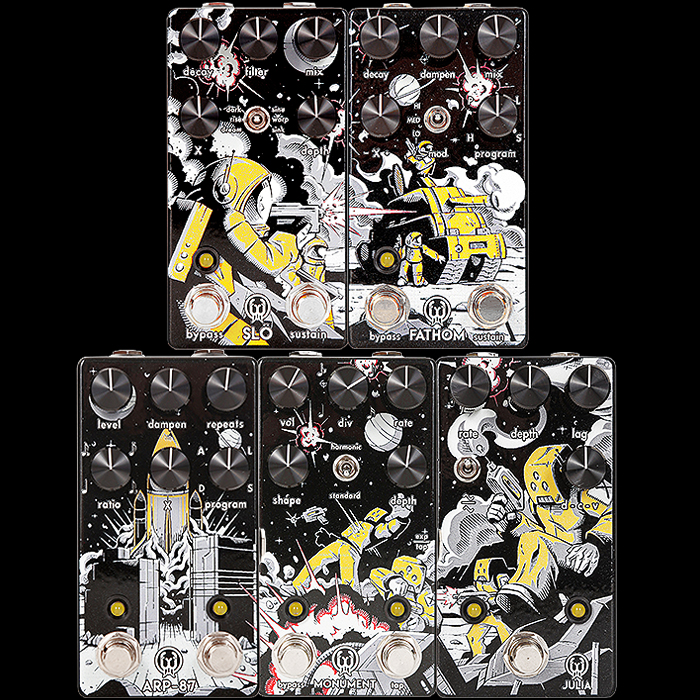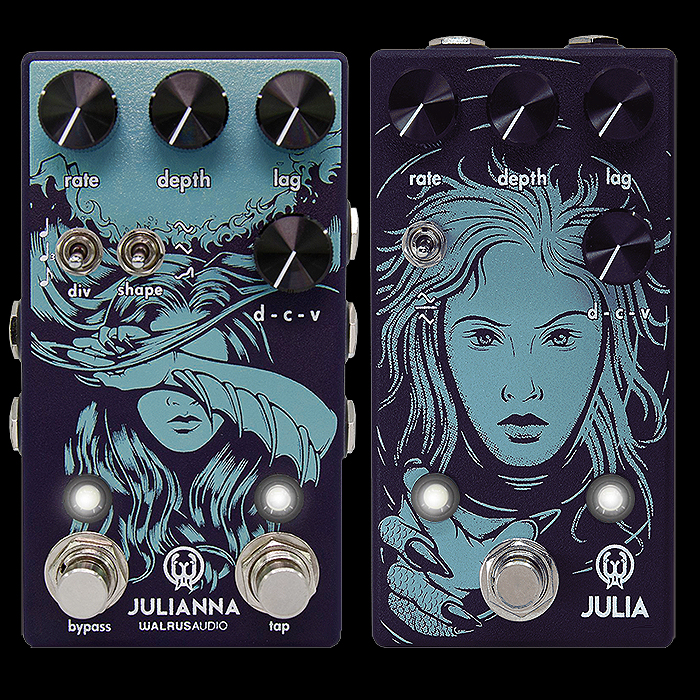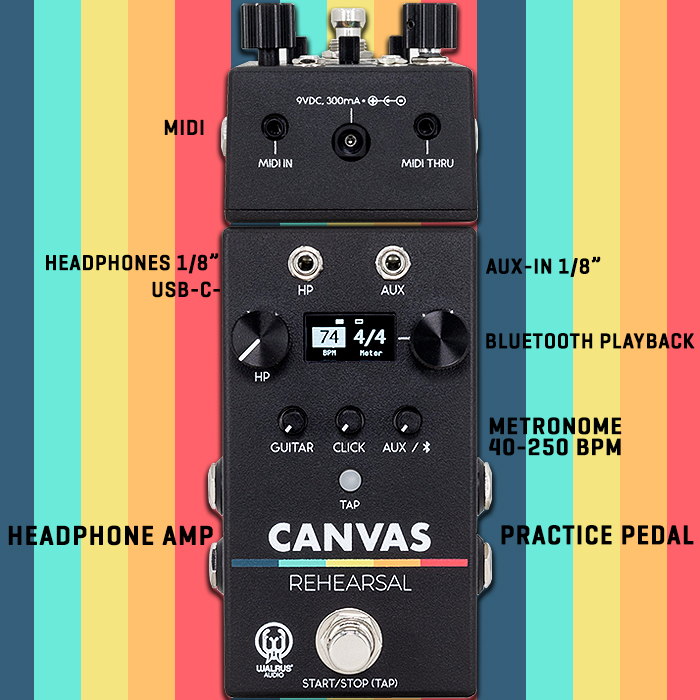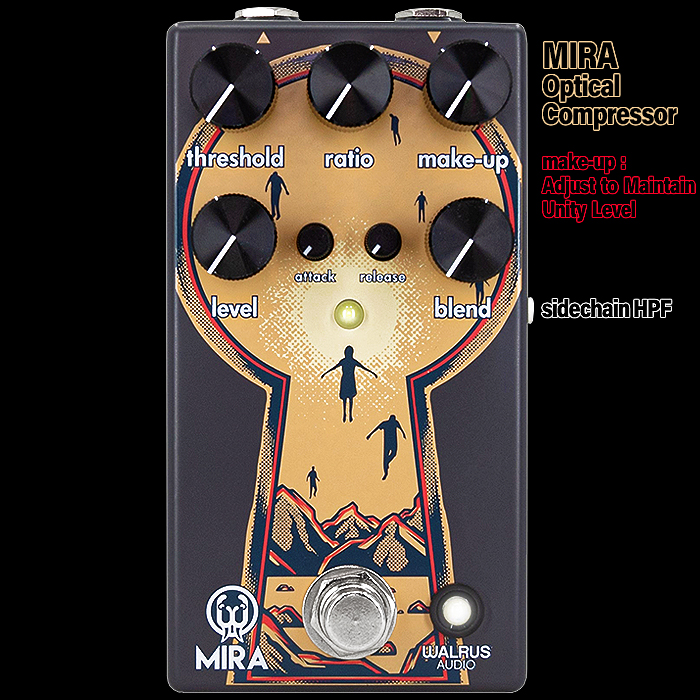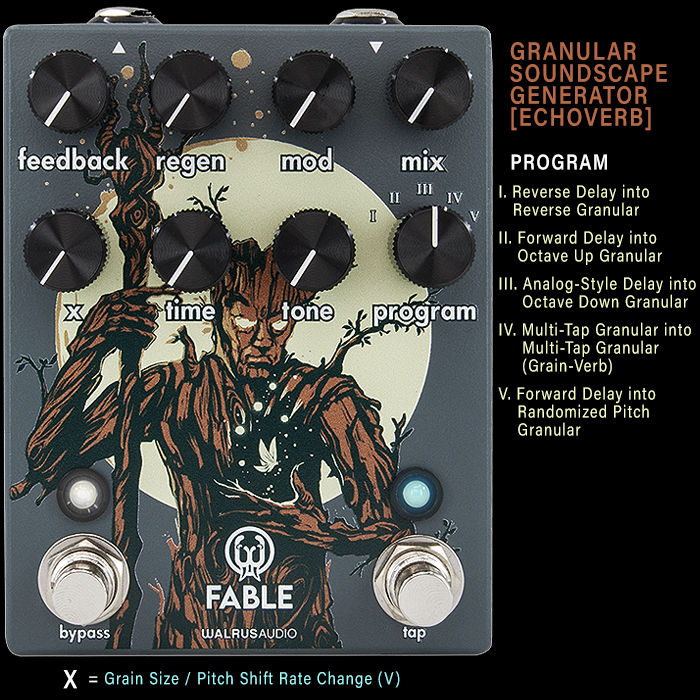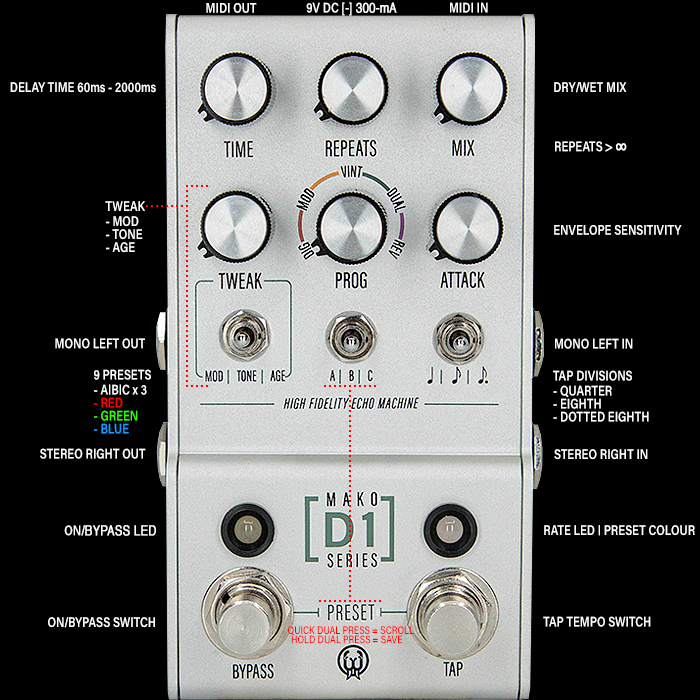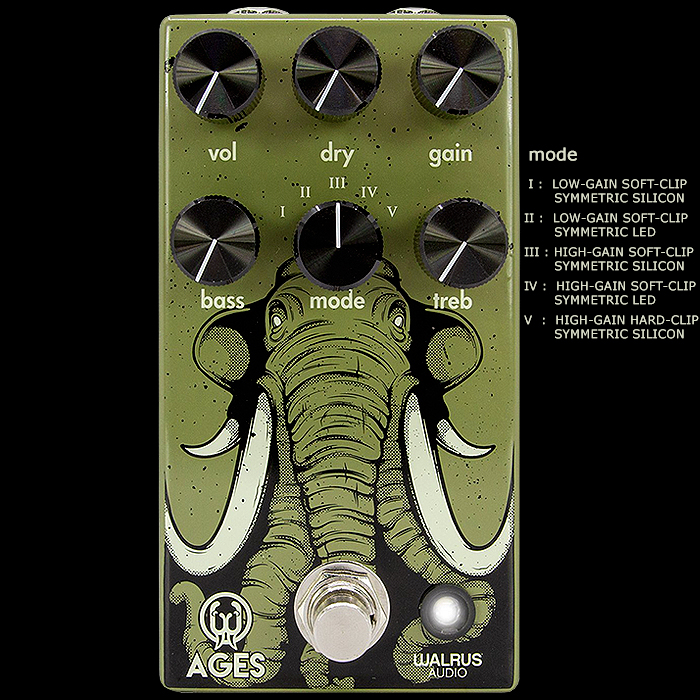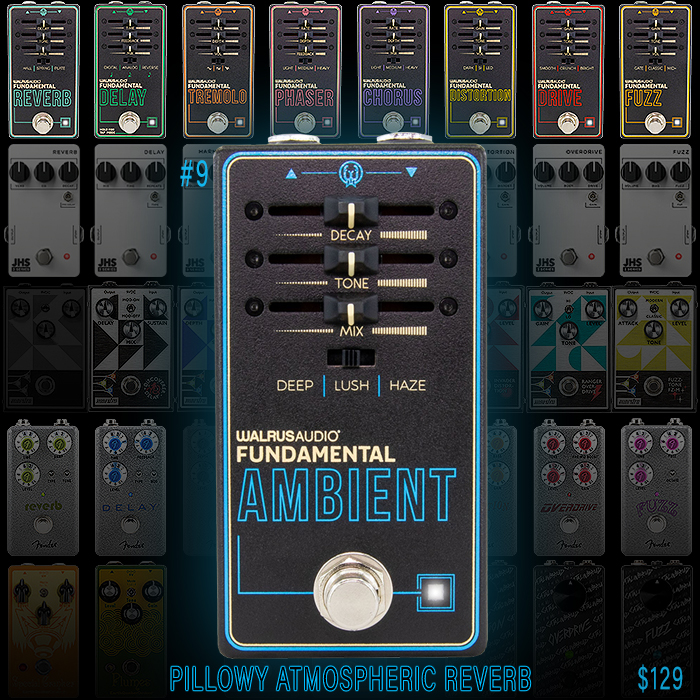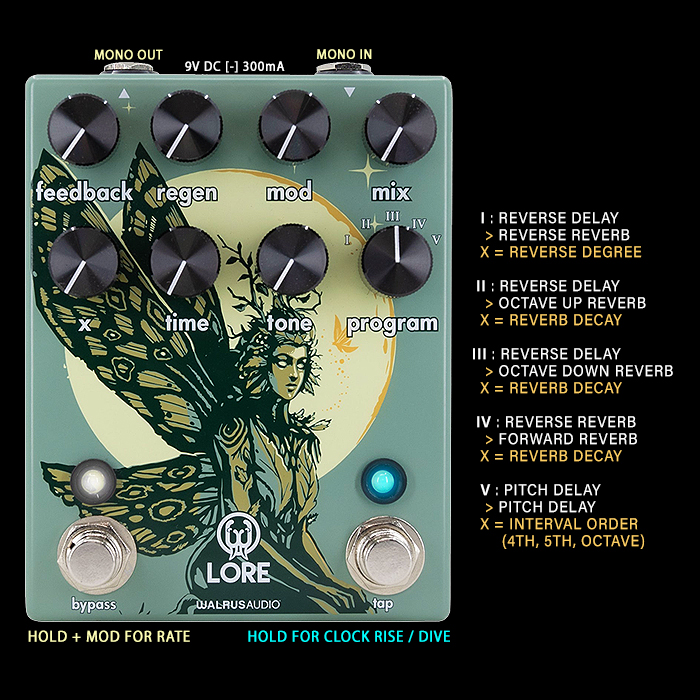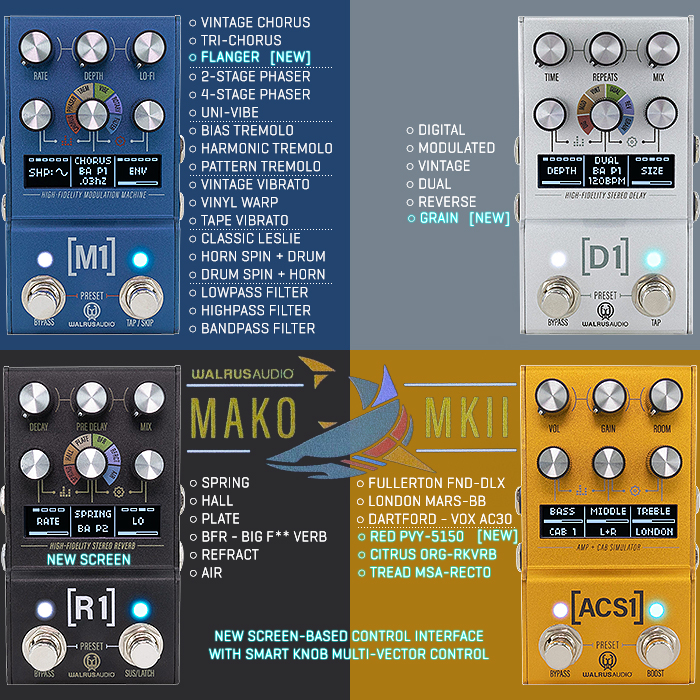Walrus Audio enters the Budget Pedal Arena with its incredibly well-considered Fundamental Series initial offering of 8
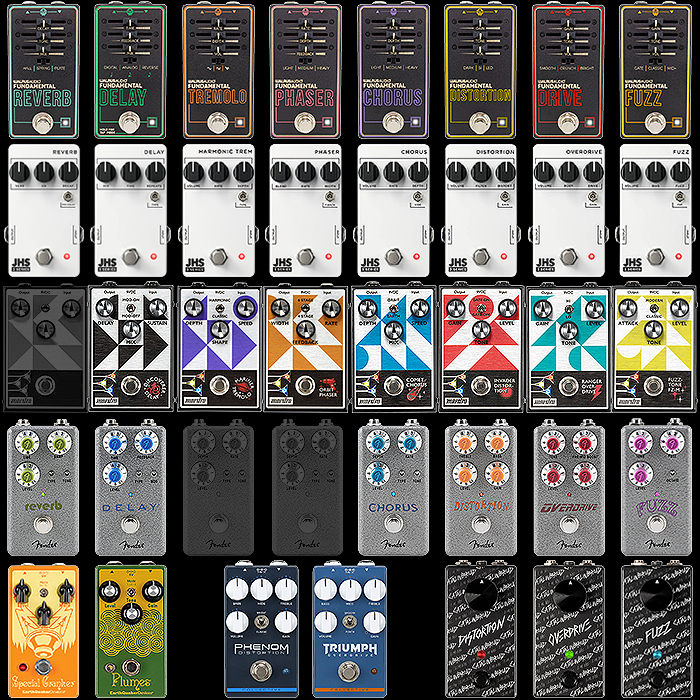
Most people consider JHS Pedals’ 3 Series launch back in October of 2020 as the catalyst and forerunner of this particular effects pedal industry Budget phase / development. While I would go back to August of 2019 to EarthQuaker Devices’ first $99 pedal - the Plumes Small Signal Shredder OD - as the starting point of this trend.
Of course Josh Scott was the first to issue a full range of $99 pedals - where he launched with 7 white utilitarian / industrial style 3-knobs + 1-switch - somewhat simple / simplified pedals. JHS’s 3-Series launched with a Compressor, Fuzz, Overdrive, Distortion, Chorus, Delay and Reverb. While there are now 13 pedals in that range - with Screamer OD, Flanger, Phaser, Harmonic Trem, Hall Reverb, and Octave Reverb added in follow-up batches. All 13 pedals are priced at the sweet-spot $99 mark
.
Next was Gibson in January of 2022 - who revived their Maestro effects line - with a 5-pedal initial offering. This included a Fuzz, Overdrive, Distortion, Chorus, and Delay. And a second batch of 5 added a Compressor, Envelope Filter, Boost, Phaser, and Tremolo - to bring that range up to 10. These are somewhat dearer pedals - priced either at $149 or $159. Gibson otherwise followed JHS - with a consistent 3 knobs and additional options Toggle-switch topology. Note that the Maestro enclosures are somewhat larger than the norm here.
Then came Fender less than a month after the Gibson Maestros - with its Hammertone Range of 9 - priced at $79 and $99. These included a Fuzz, Overdrive, Distortion, Metal Distortion, Chorus, Flanger, Delay, Space Delay and Reverb. Fender has not extended that offering yet - the range remains at 9.
Later last year - in October - Catalinbread put out its Elements Series of 3 x 1-knob wonders - a Fuzz, Overdrive, and Distortion. These are the same sort of price-point as the Maestros at $149 - and even more simple and streamlined affairs with just single controls.
In December of 2022 Wampler threw its hat in the ring - with the full-featured budget Collective Series duo of an Overdrive and Distortion - each with 6 controls - and yet still with just a $99 price tag - so breaking the simplified model template as such.
EarthQuaker also launched their second $99 pedal - the Special Cranker OD - in April of last year.
This article though is mostly about Walrus Audio’s new Fundamental Series - while I thought it would be good to have a proper context and overview of the marketplace those 8 new pedals are entering.
For my money - Walrus have launched here with an incredibly strong hand. Their logic here is near perfect as if I were launching a range of 8 pedals - then these are exactly the genres I would feature in my selection too. For me it’s the best-balanced launch - and in many ways also the most appealing - with a really well considered and refined branding - which looks elegant and worthy and fairly timeless. Also the use of sliders instead of the more conventional rotary potentiometers really makes the Fundamental Series stand out.
It’s the most appealing selection for me overall by most of the key criteria. Sliders tend to be more fragile than pots though - so there’s a question mark over the durability of those pedals. Also there is a slight complexity in the pricing as only the 3 gain pedals of those are at the appropriate $99 mark, while the majority is at $129. I feel this will therefore still leave JHS in the driving seat - as for younger folk - the shift from $99 to $129 can really be quite significant.
Empirical market data has shown that compact $99 types are the sweet spot for pedal sales - while if you’re closer to $149 or $200 even - then that is typically a whole different category and level of consideration.
As these are meant to be entry-level pedals for newbies and beginners largely - I feel that the $99 price point is significant. Looking at Sweetwater I see that Boss has 5 pedals under $99, 4 at $109.99, and then the majority of the range at $119.99 - so that’s obviously the industry standard competition.
I feel that if you’re going to have a budget range - then it should really be at $99. I’m not sure these brands have done proper conjoint pricing analysis - while I doubt the pricier ones here are doing as well as the $99 editions - so it’s a matter of volume, scale and profit margins. And surely if JHS can do it then others can too!
Generally within these budget ranges we tend to see largely the most classic of effects - which means typically Fuzz-Face style Fuzz, Screamer Overdrive, Marshall Distortion, CE-1 style Chorus, Phase-90 style Phaser and similar etc.. While not all here adhere exactly to that template - but close enough!
Walrus Audio Fundamental Series

As mentioned, there are 8 pedals in the Fundamental Series at launch :
Fuzz = Gain, Tone, Volume, Options : Gate | Classic | Mid+
Drive = Gain, Tone, Volume, Options : Smooth | Crunch | Bright
Distortion = Gain, Tone, Volume, Options : Dark | Si Clipping | LED Clipping
Chorus = Rate, Depth, Mix, Options : Light | Medium | Heavy
Phaser = Rate, Depth, Feedback, Options : Light | Medium | Heavy
Tremolo = Rate, Depth, Volume, Options : Sine Wave | Square Wave | Random Wave
Delay = Time, Feedback, Mix, Options : Digital | Analog | Reverse, Divisions : Quarter | Dotted Eighth | Eighth
Reverb = Decay, Tone, Mix, Options : Hall | Spring | Plate
For me everything is well considered here - down to the 3 Options / Modes on each pedal. I'm not sure that part could really be improved further - it's very well formed as is. I love the design and looks - while I would question the wisdom of the higher price point.
They all sound perfectly serviceable - and the gain pedals here are particularly valid in my estimation. While I don't think anyone from the target audience would be disappointed about owning any of these - even though there are plenty of equivalent and better options even for these 8.
As Mark Johnston points out there are some enhanced featured here - including the Reverse Delay and Random Waveform on the Tremolo. For me I'm not sure any particular pedal really stands out for me from this selection - compared to all the options I have already. You also have those really cool NUX stereo minis which are incredibly smart.
Walrus might argue that the added appeal / attractiveness of their pedals might encourage buyers to switch from JHS's $99 specials to Walrus's $129 types - I'm not fully convinced. Everything else about this launch is pretty much spot on though!
Final Thoughts

For my preferences - the only one of these overall budget pedals that I own to-date is the EQD Special Cranker. I have over 1,000 pedals in my reference collection, and most of my ones per type / genre are a lot more capable and expansive than these entry level options.
I have considered a number of the JHS ones though, and I'm particularly keen on the Wampler Phenom - which is doing blistering trade - that is surely the best of the budget distortions. And the $99 Plumes is probably the best of the budget overdrives - interestingly the standard Ibanez TS808 that most of these overdrives are modelled on or inspired by - retails also at £99 or thereabouts typically.
In the other categories I think each brand mostly holds its own - and there will be similarities and overlaps. I had thought about doing recommendations in every category - but since I haven't done a proper hands-on for the vast majority of these, let alone a fully scientific head-to-head - then I can't really take that approach.
Mostly I can just say what appeals to me now as Guitar Pedal X, and what would have appealed to the teenage versions of me back in the day.
As I said in the intro - I think the $99 price point is very significant - go above that and you're in competition with all the mainstream brands - and their mainstream pedals typically have a higher pedigree and provenance.
So my teenage self would have gotten in the Plumes and Phenom for sure, and then most likely have bought largely from the consistently $99 JHS 3-Series range. I'm not sure my teenage self would have been happy paying $30 more for the Walrus Audio types - even though they are more attractive! Since my teenage self would already likely have the Plumes and Phenom, then possibly I would take the $99 Fundamental Fuzz from Walrus to complete that gain pedal trio. My current Guitar Pedal X self has each of the Walrus Audio 5-State Series pedals which I consider significantly superior to the Fundamental equivalents for those.
Most of my readers tend to me more experienced types - while I would of course be interested in hearing from those of you closer to the newbie side of pedals - and what your take on this is. I think most would agree that the Walrus Audio Fundamental range is the most attractive - but what about its higher price-point - would you be happy to pay more for the slightly nicer looking Walrus Audio Fundamentals?
Student economics being what it is nowadays then $129 vs $99 is a good 30% dearer - which is very significant for that typically cash-strapped audience segment!

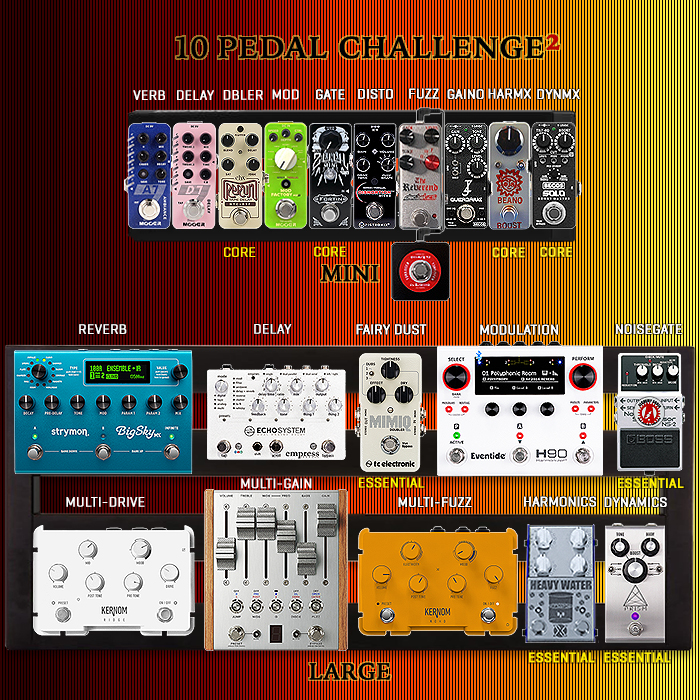
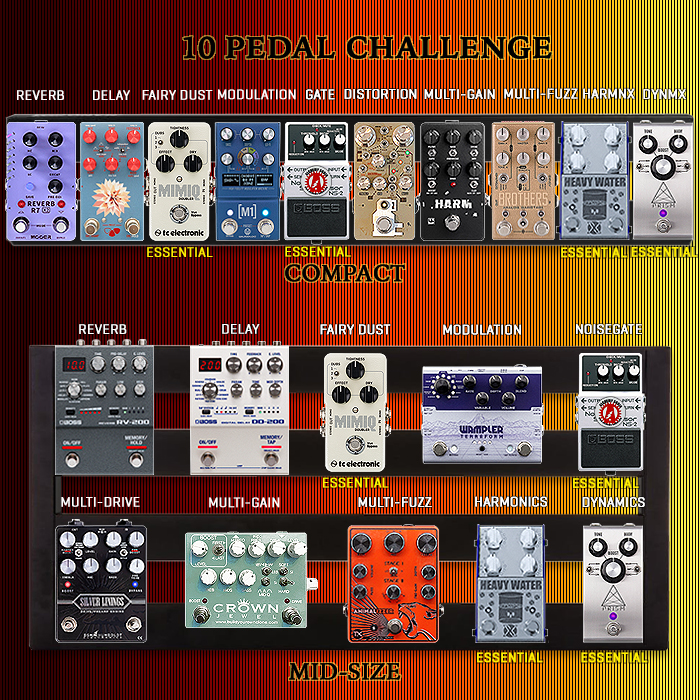
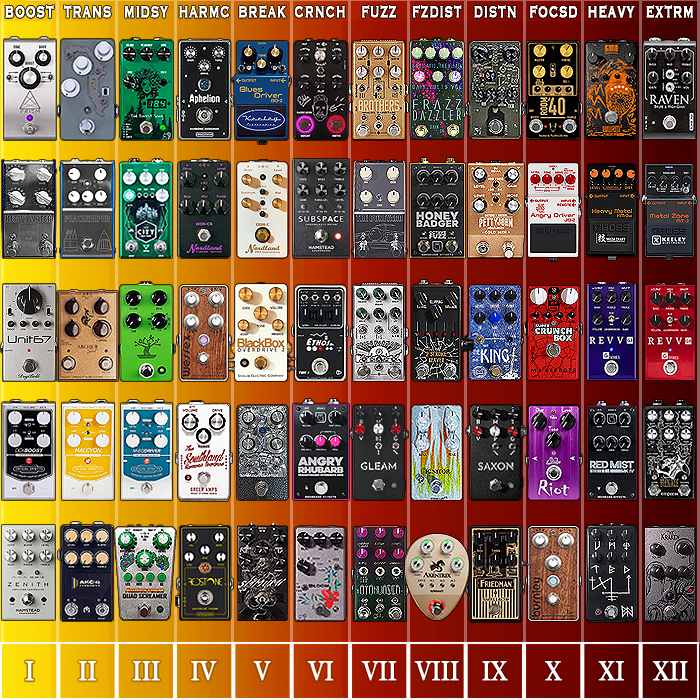
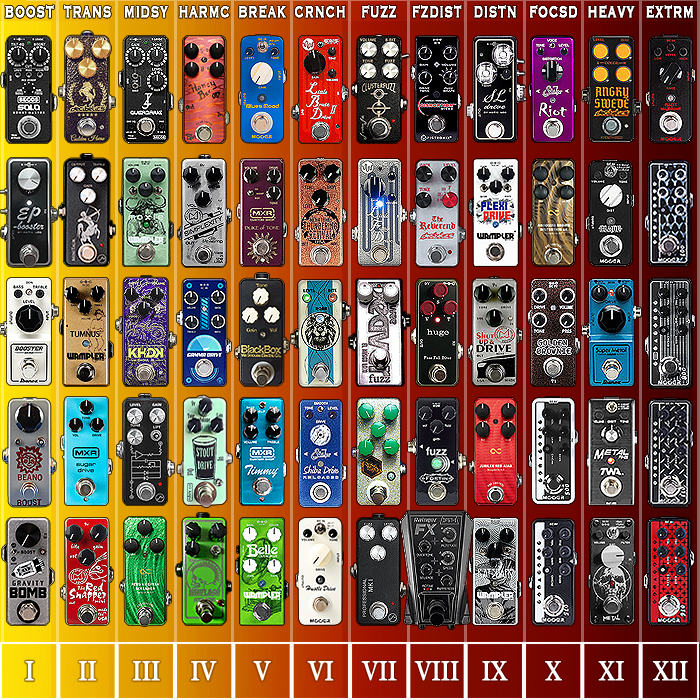
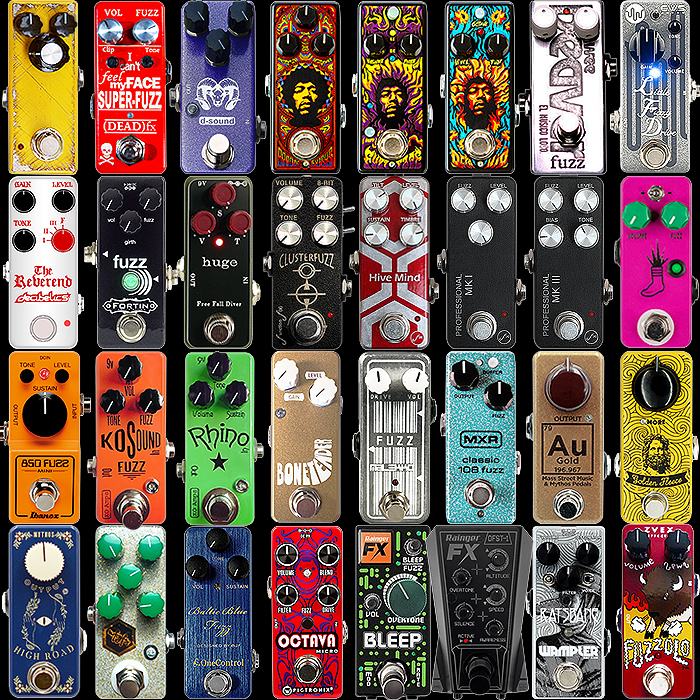
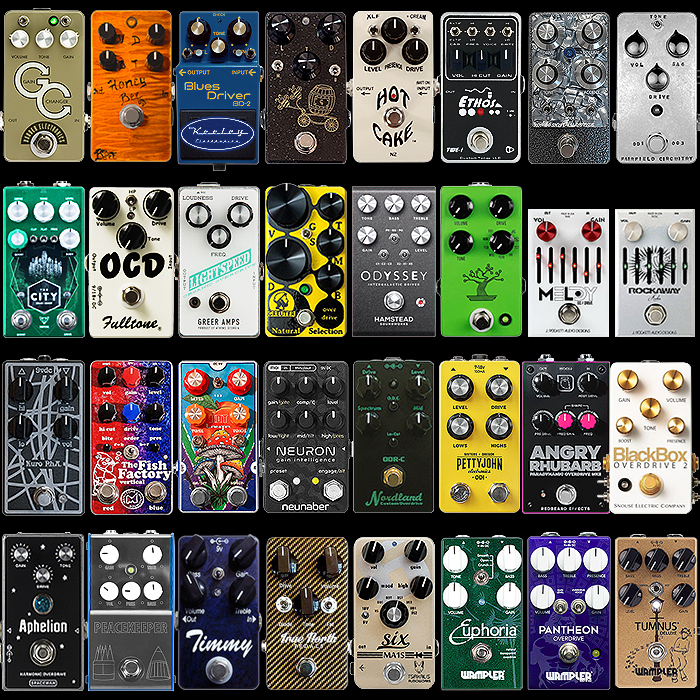
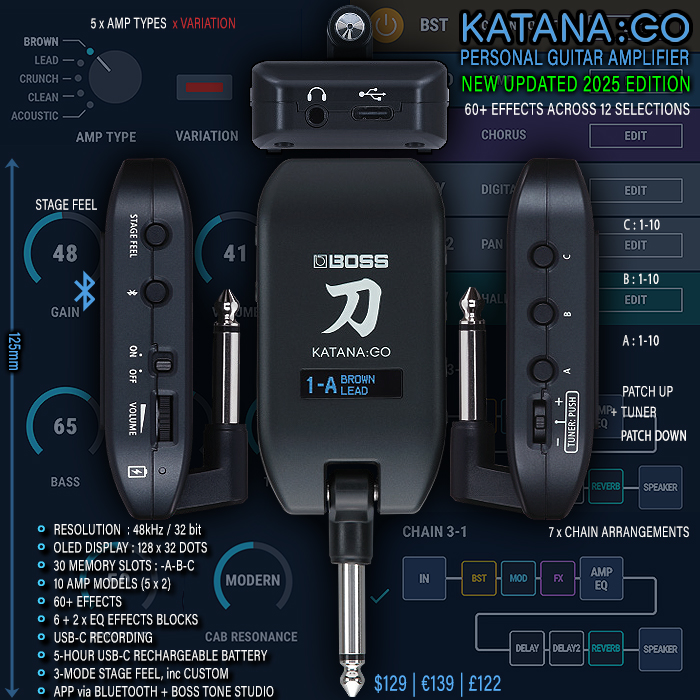
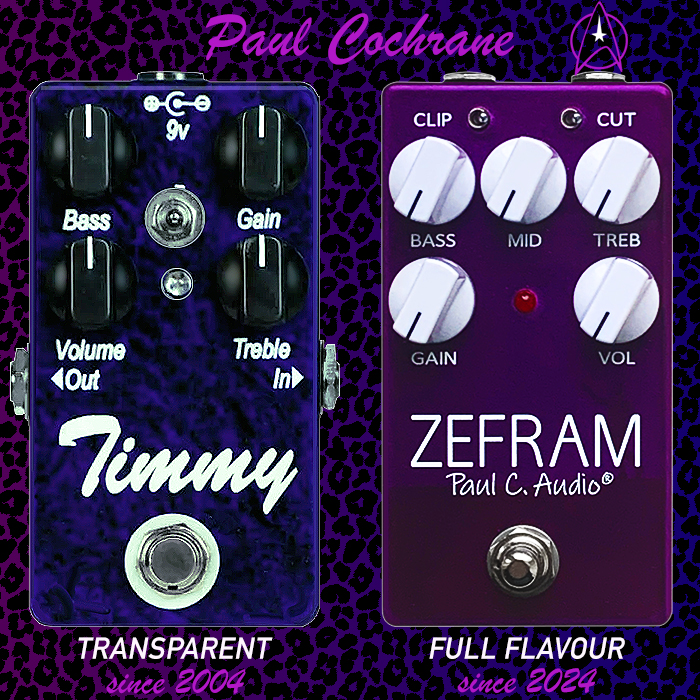
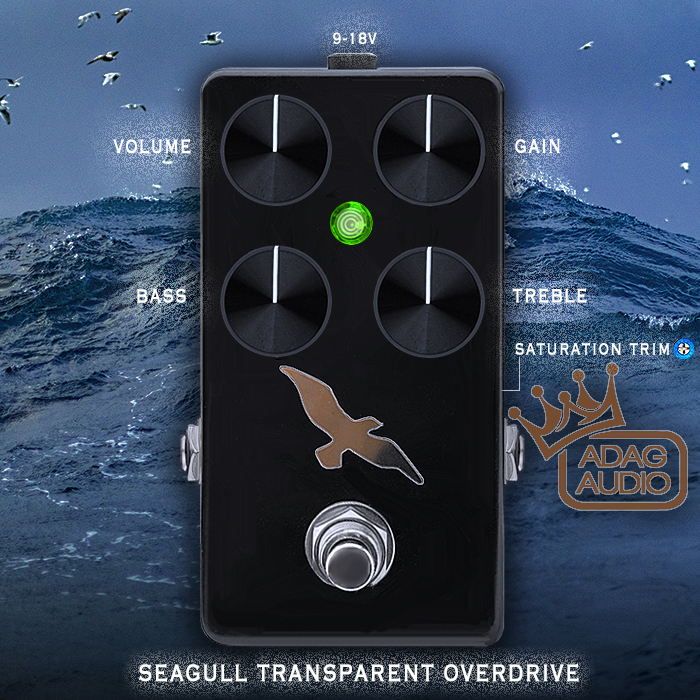
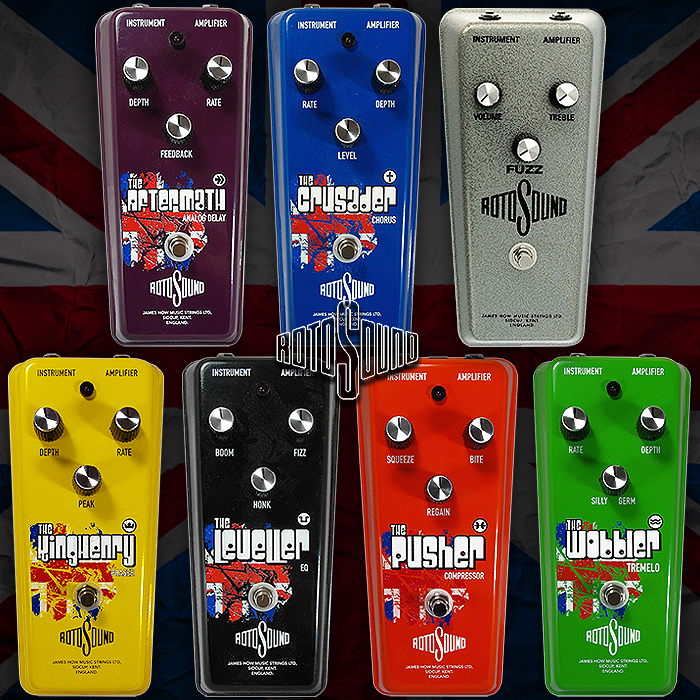
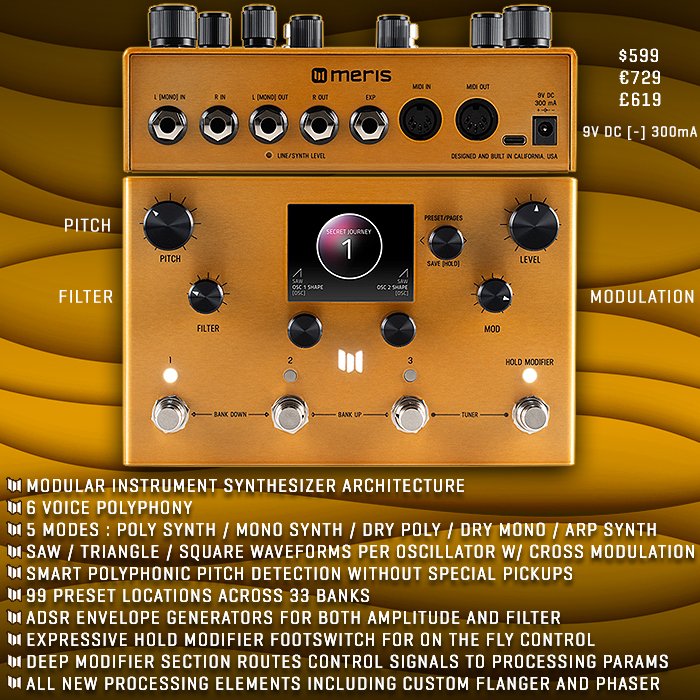

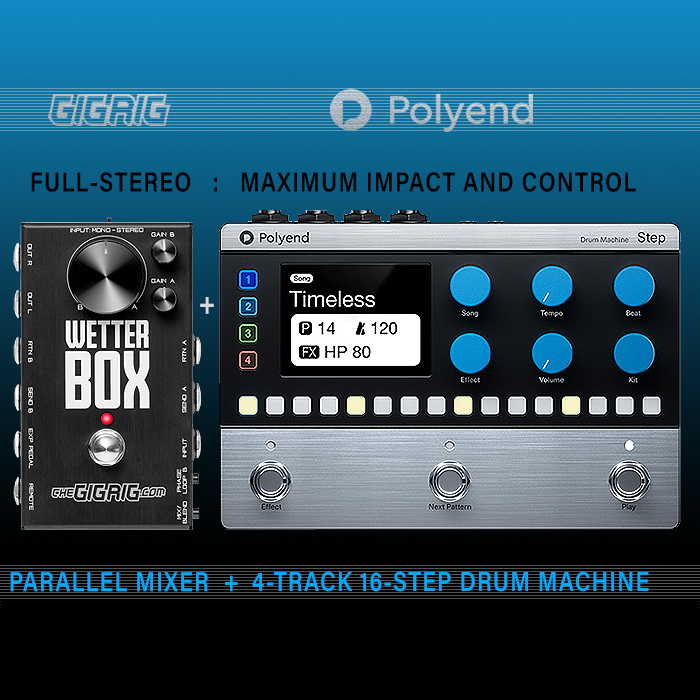
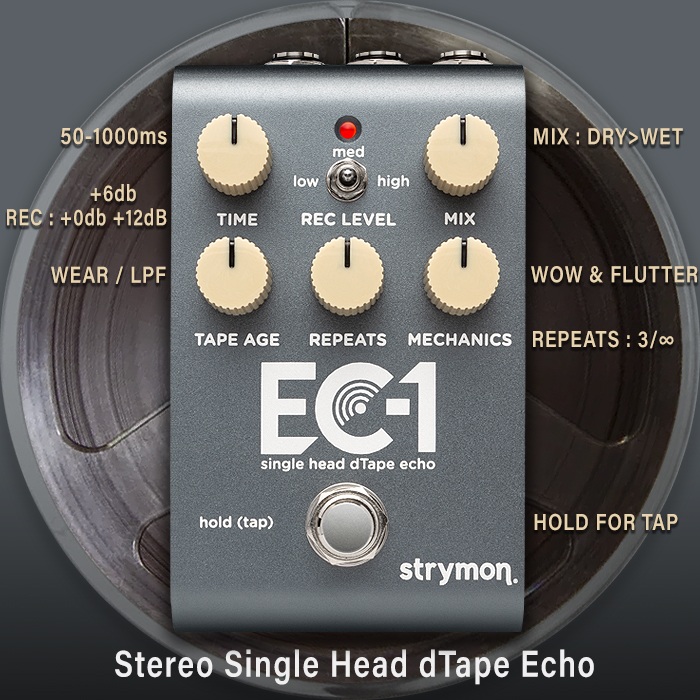
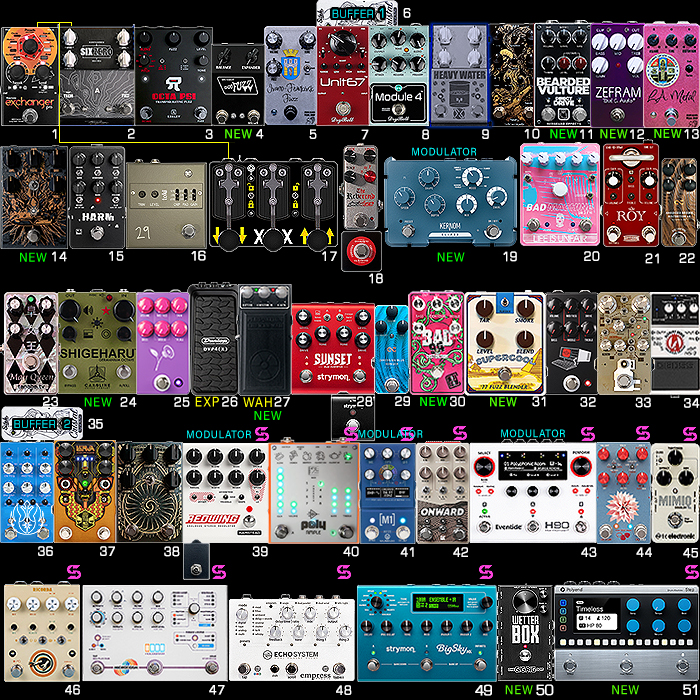
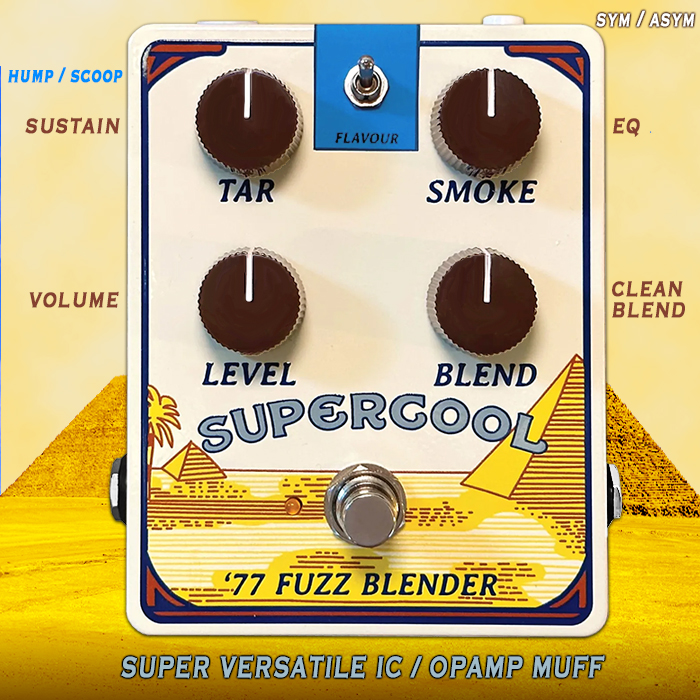

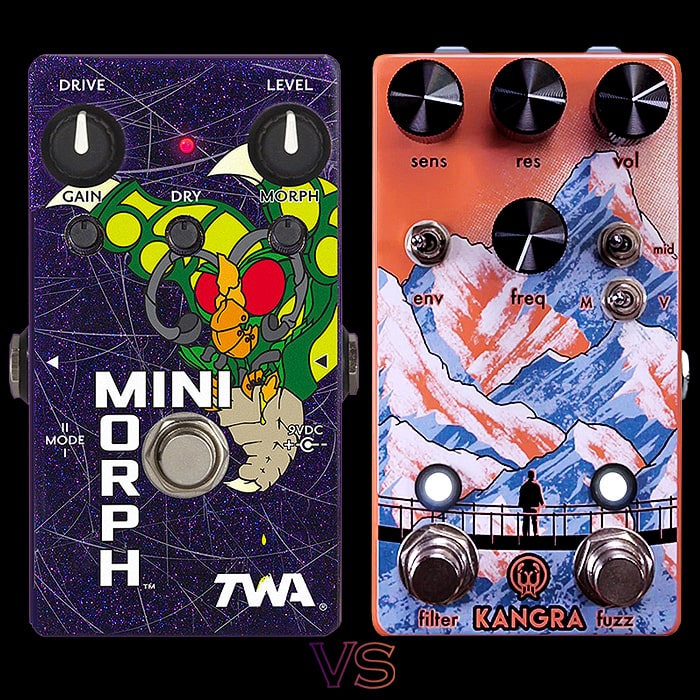
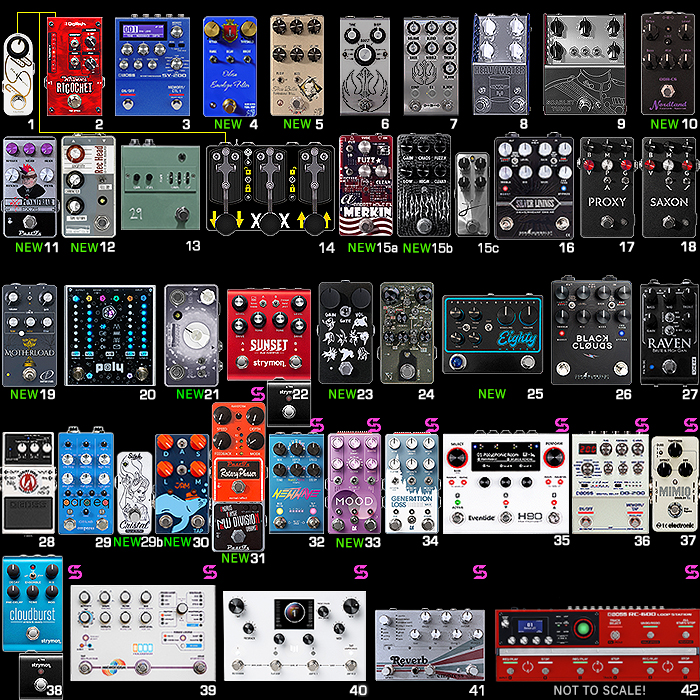
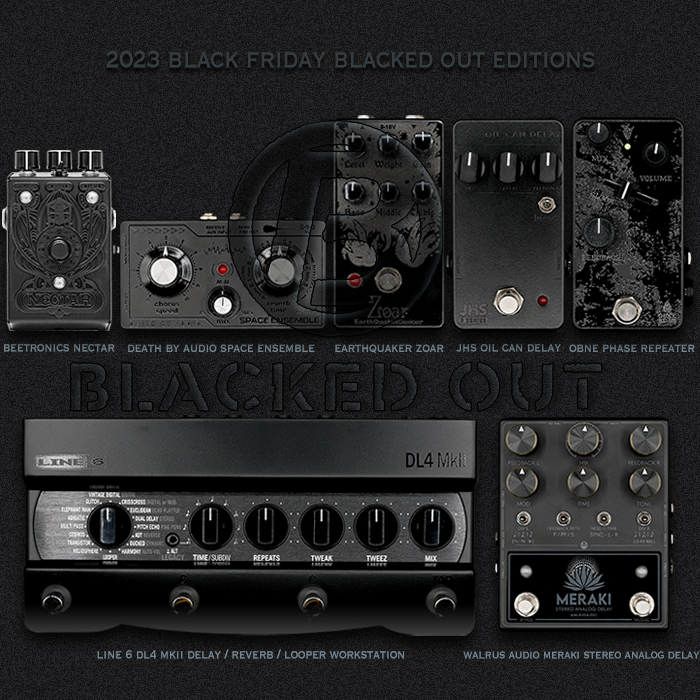
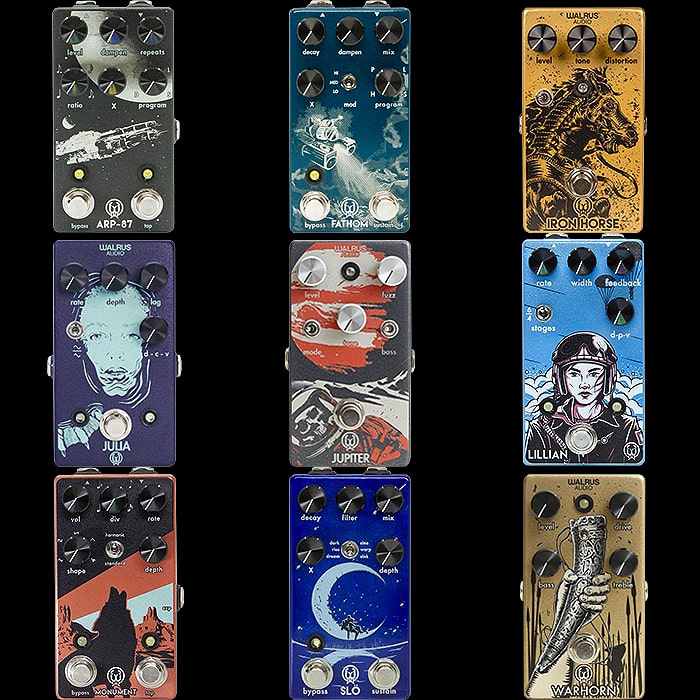
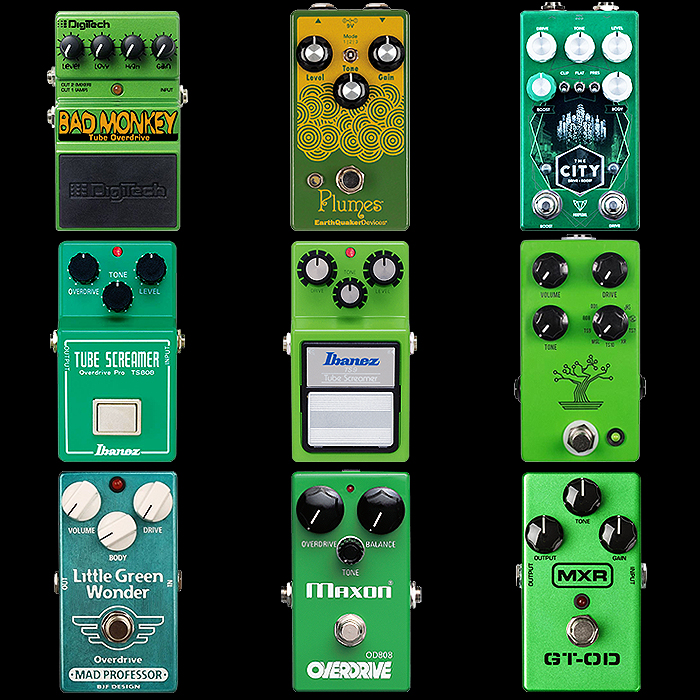
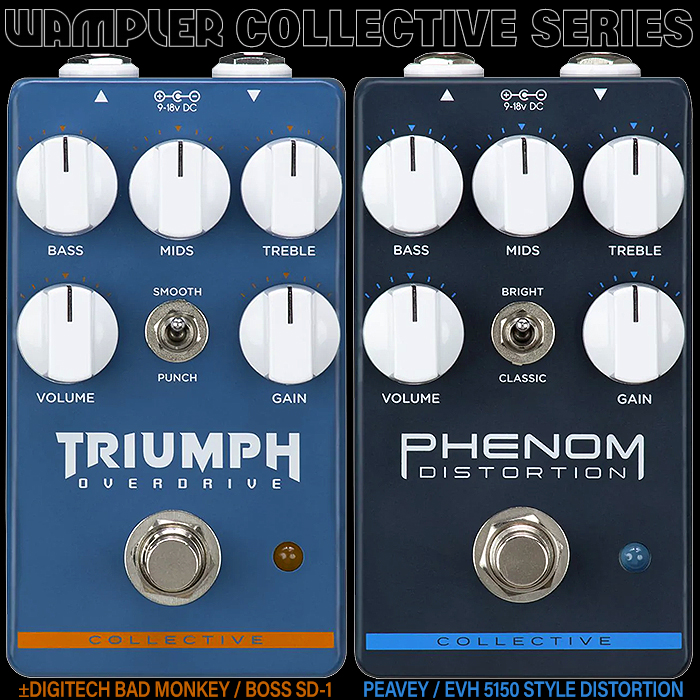
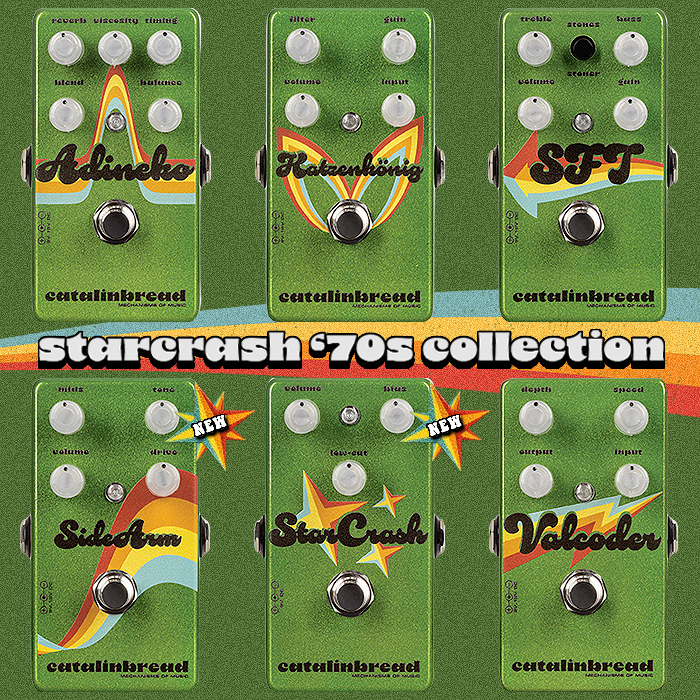
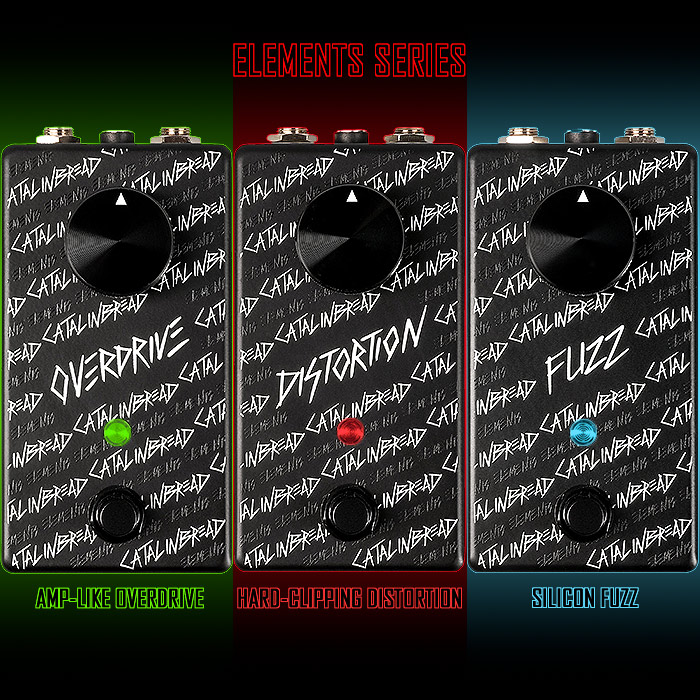
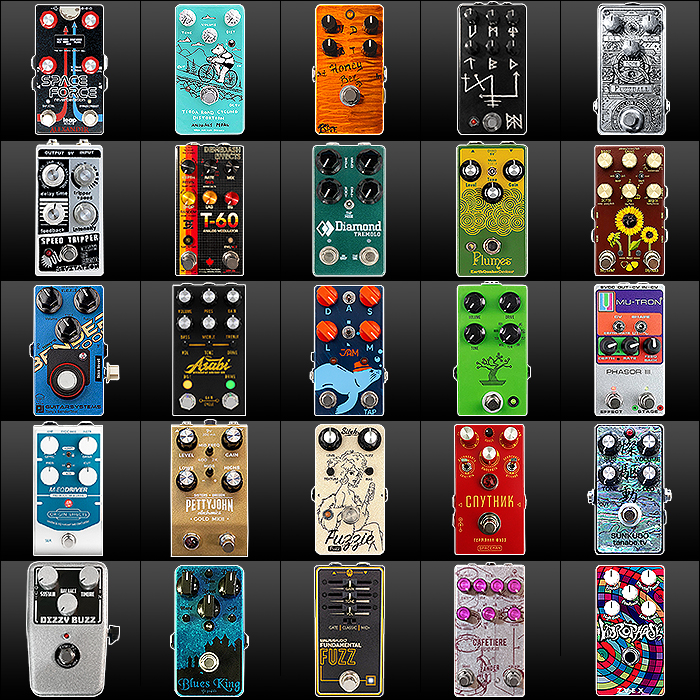
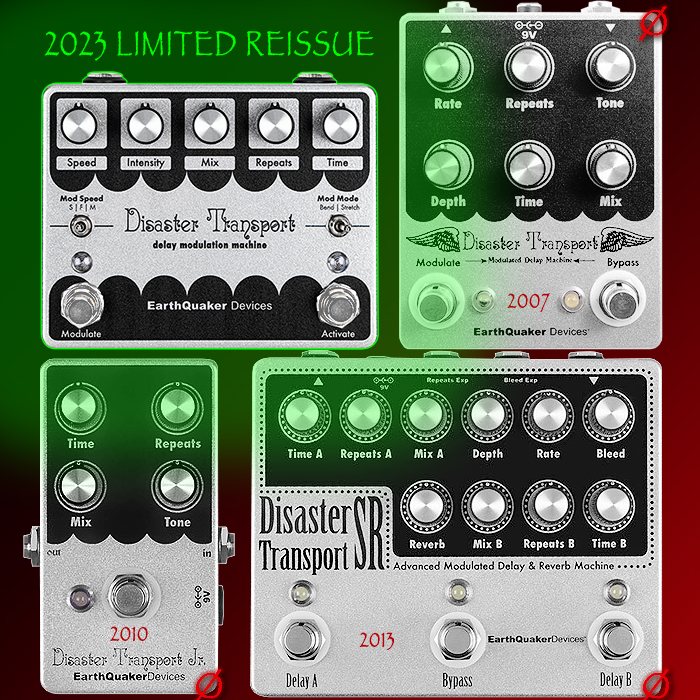
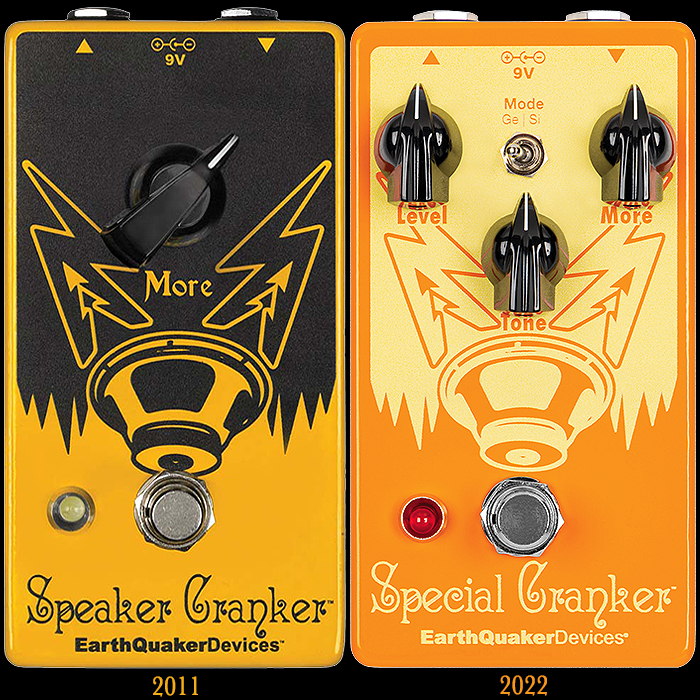
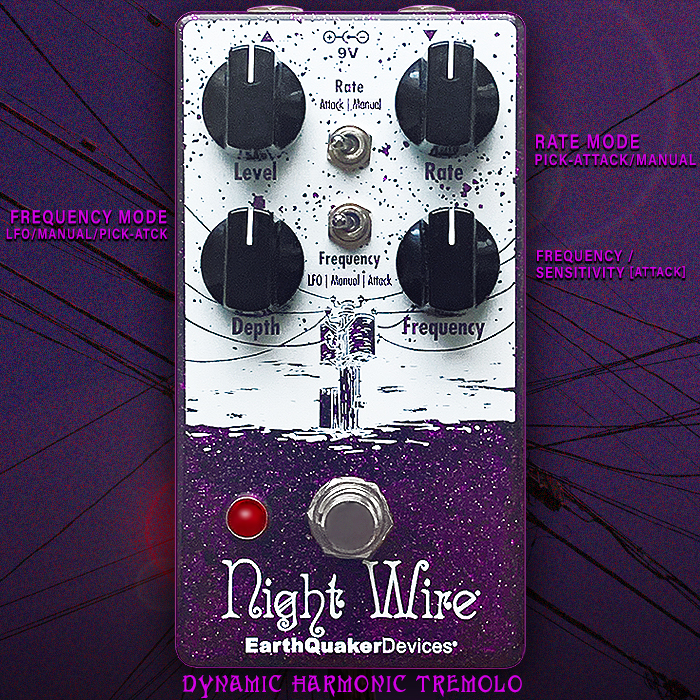
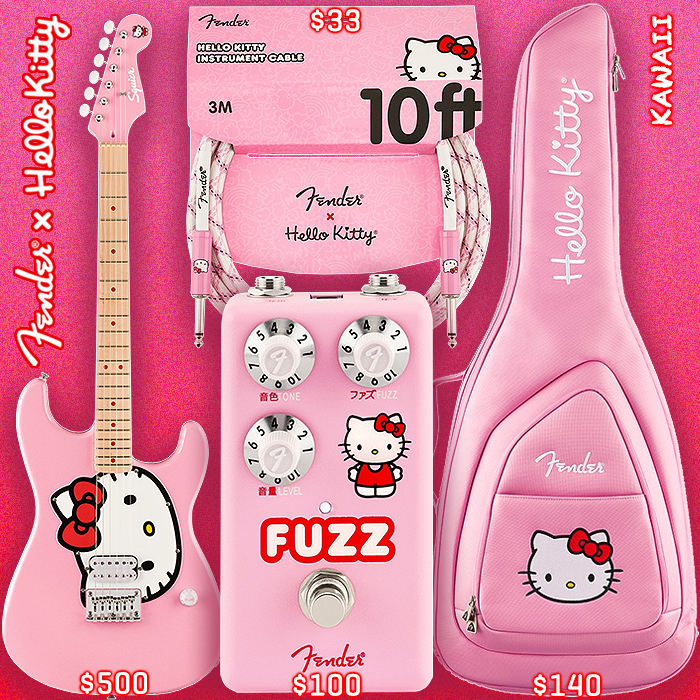
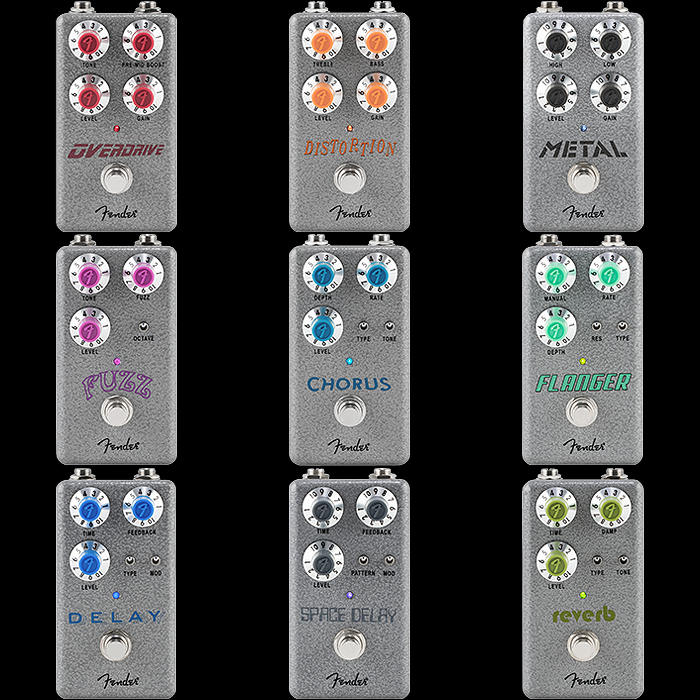
![First-hand Impressions of the Walrus Audio Mako Series II [M1] High-Fidelity Modulation Machine First-hand Impressions of the Walrus Audio Mako Series II [M1] High-Fidelity Modulation Machine](https://d6a2e7ghqts3o.cloudfront.net/AcuCustom/Sitename/DAM/556/2024-GPX-Walrus-Audio-Mako-II-M1-Y-7001.jpg)
